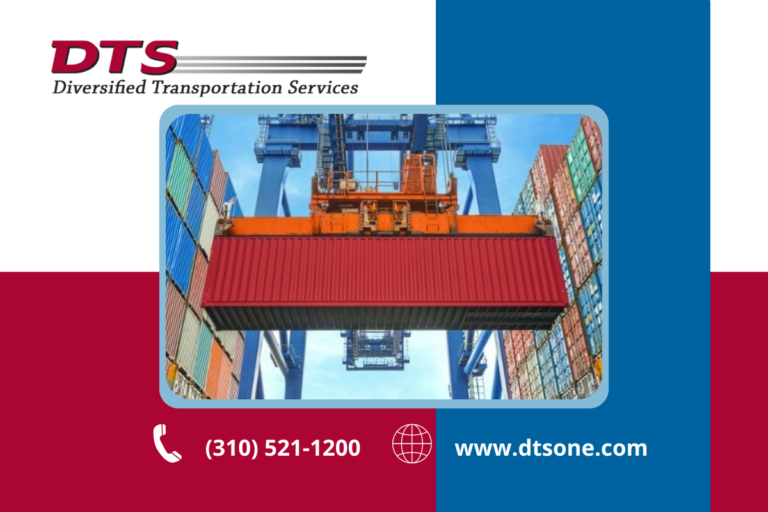
To transport freight quickly and efficiently, shipping companies use many different modes of transportation. For example, a company can choose to ship their freight by plane, or they can choose to transport their products by boat. Each method of transportation has its benefits and detriments, so it’s essential to learn about each one.
Below, you’ll find information about the major modes of freight transportation so you can choose the best one for your business.
If you need to transport products quickly, you should choose air transportation. In fact, shipping by plane is the fastest method of transportation, and it’s often used for international shipping. There are many other benefits that come with air transportation as well, such as low insurance premiums, reduced usage of packaging materials, and high reliability. This type of transportation is best for businesses that need to ship products quickly, and efficiently. However, this method of transportation is generally more expensive than other options and might not be possible for large, heavy freight. In addition, you might not be able to ship certain products that contain dangerous or hazardous materials.
Another one of the major modes of freight transportation is ocean transportation. While this method of transportation is not as fast as shipping by plane, it is an effective way to ship large, heavy freight. In addition, shipping by boat is significantly cheaper than air transportation. Sometimes, you’ll find that ocean transportation is more than 50% cheaper than transporting by air. Businesses that need to ship their products internationally or over long distances often choose this method because it is cost-efficient. Some organizations opt for ocean transportation because it’s considered more eco-friendly than shipping by plane. When you compare boats to airplanes, you’ll find that the boats do not leave as much of a carbon footprint as airplanes.
While shipping by boat does have many benefits, it also has a couple of drawbacks. First, shipping by boat is usually slower than the other methods of transportation, and bad weather can delay the ship. Also, the risks of cargo damage is significantly higher for ocean transportation than other methods of transportation, and the insurance premiums are usually higher.
If you ship domestically, then rail transportation is an option to consider. While you cannot use rail transportation for your customers who are overseas, it’s an option for your domestic clients. While rail transportation has very few stops and hardly any traffic, it does have a much more limited infrastructure than road transportation. Rail transportation is often used in intermodal transportation, which is when a business uses multiple modes of transportation to ship its products. Rail transportation can ship products efficiently to their next destination. Additionally, it’s a great choice for moving large or bulk items domestically since trains have more capacity than trucks. Usually, shipping by train is also much more secure than shipping by truck since trains have a lower risk of cargo damage or theft. Larger businesses also consider shipping by train since they are considered more eco-friendly and reduce the output of greenhouse gases.
While shipping by train is an effective way to transport goods domestically, road transportation is another excellent option. The main benefit of shipping by truck is flexibility. You can also receive Just-In-Time (JIT) deliveries if you choose road transportation. Additionally, shipping by truck can be much faster depending on your cargo’s destination. If you need to transport your products directly with very few or no stops, then road transportation is a great option. However, there are a few detriments that come with shipping by truck. First, road transportation is not as eco-friendly as shipping by train since trucks emit greenhouse gases. Secondly, traffic and weather conditions can cause significant delays and affect the speed of your delivery. Finally, truck drivers require time to rest, thus slowing down the shipping process.
Intermodal transportation ships your products using multiple methods of transportation. By using multiple methods of transportation, shipping companies can lower the cost of transportation. This is due to lower fuel and handling costs since intermodal shipping uses the same containers for cargo throughout the entire trip. Another benefit of intermodal shipping is that your business can ship large amounts of cargo efficiently.
Even though intermodal transportation is a great way to ship your products, it does have its drawbacks. For example, some products are restricted and not able to ship via intermodal transportation. Also, it’s not the most efficient option for smaller loads of cargo and could end up costing more than other methods of transportation. Finally, intermodal shipping requires more planning since you will use and coordinate multiple methods of transportation.
So, with all the major modes of transportation in mind, how do you choose the best one for your business? When choosing a method of transportation, you’ll need to keep your budget, destinations, and arrival times in mind. Additionally, remember to consider the types of products that you need to ship. For example, if you need to ship lightweight products overseas as quickly as possible, air transportation is your best option. On the other hand, if you need to ship small products domestically and keep your shipping costs low, then road transportation is an excellent choice. To combine multiple methods of shipping, you can always use intermodal transportation, which mixes multiple modes of transportation to ship your products.
Shipping your products can be a long and complicated process. If you prefer to spend more time on your business and less on shipping, be sure to contact Diversified Transportation Services. We offer expedited freight services to help ensure that your cargo reaches its destination quickly and efficiently.
Whether you're a company looking to improve one facet of your supply chain, your entire supply chain, or simply looking for a transportation and logistics consultation, we can help.